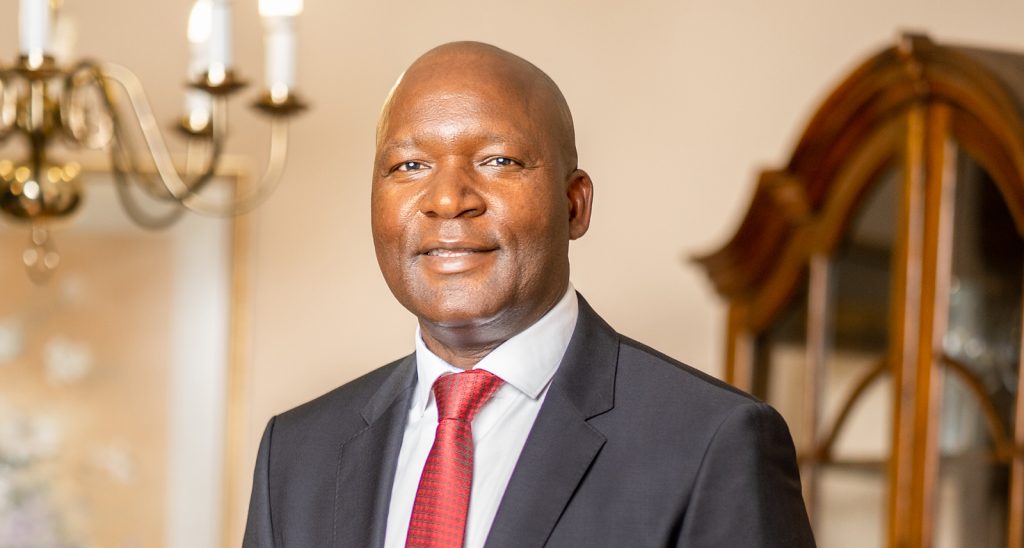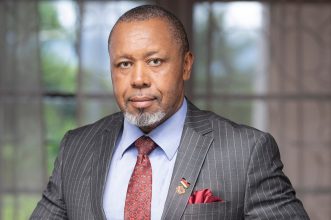Population conference for research-backed policy
Delegates to the Ninth African Population Conference in Lilongwe have called on countries to leverage scientific research to develop evidence-based policy interventions that can catalyse socio-economic transformation on the continent.
In the Lilongwe Declaration issued on Friday, the delegates also called for increased financial support from development partners to address population challenges on the continent.

Addressing delegates during the closing ceremony, African Institute for Development Policy (Afidep) executive director Eliya Zulu, whose organisation co-sponsored the event, emphasised the need for Africa to empower and develop its population’s potential to drive the continent’s transformation agenda.
He said: “We need to turn the growing population into a resource. The global community can also help us by lessening the debt burden, unfair trade practices and climate change-related shocks to position the continent for growth and prosperity.”
In his remarks, Second Deputy Speaker of Parliament Madalitso Kazombo said there is need to enhance value addition to bolster economic growth.
He said: “We have to find ways of processing our products. If Nigeria refines its vast crude oil reserves, then we can create jobs for our people.
“If Malawi processes its soya [into cooking oil], then we can create jobs locally. Also, we need to end corruption to use our resources more effectively.”
Southern and Eastern African Parliamentary Caucus chairperson for Sexual and Reproductive Health and Rights Ben Phiri, who is also Thyolo Central legislator, said the coordination between politicians would improve the allocation and use of resources.
The caucus declared its intent to translate the summit’s policies and recommendations into concrete legislation.
During the conference, Afidep director of research and head of the Malawi office Nyovani Madise assumed leadership of the Union of African Population Studies, taking over from demographer Donatien Beguy.
In her remarks, Madise urged African leaders to take control of the continent’s research agenda on population issues and streamline them into development plans.
“We have asked our members [researchers and academics] to support the government in evidence-informed decision-making. We have also asked the government to increase financing for research activities,” she said.
The National Commission for Science and Technology last year launched the National Research Agenda to operationalise research, science, technology and innovations needs of the country in line with the Malawi 2063 vision and its first 10-year Implementation Plan.
Held under the theme ‘Road to 2030: Leveraging Africa’s human capital to achieve transformation in a world of uncertainty’, the conference brought together about 600 scientists and lawmakers, among other delegates.
It also had side events and research dissemination conferences that focused on population, environment and development.





